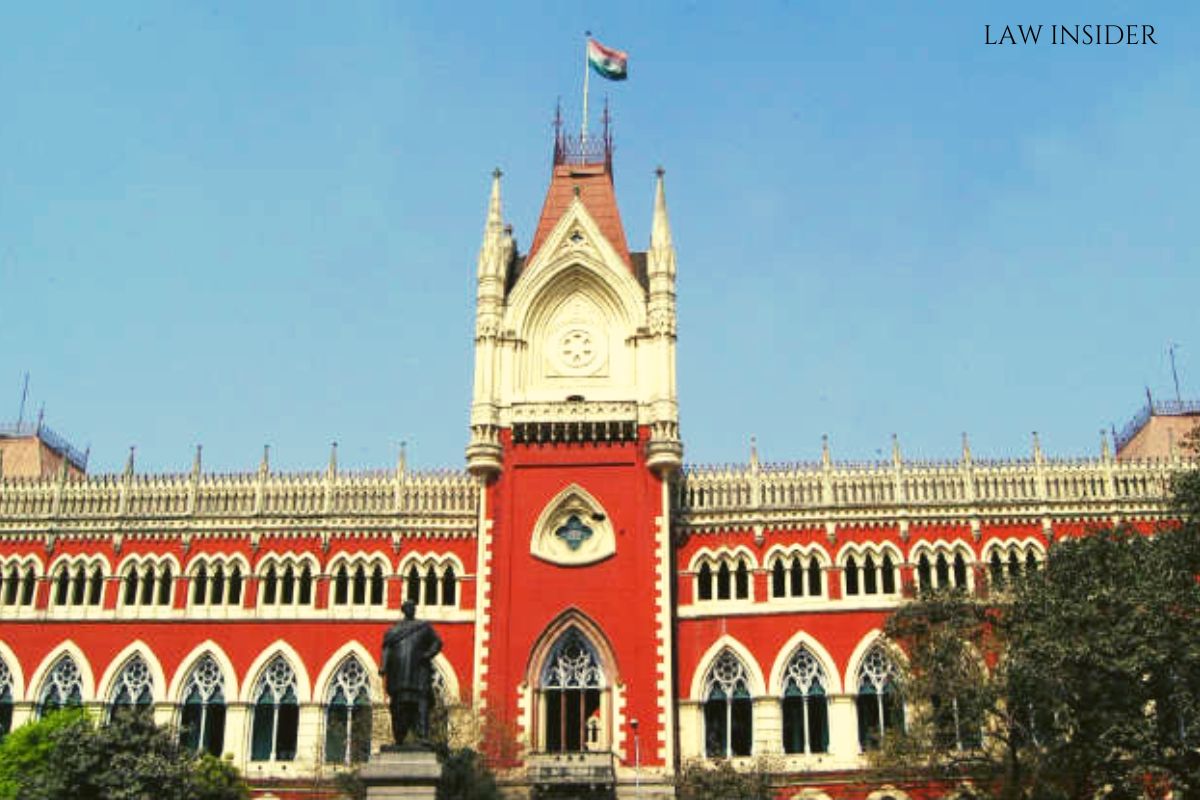LI Network
Published on: October 10, 2023 at 00:13 IST
The Calcutta High Court has upheld the constitutional validity of the explanation to Section 10AA(1) of the Income Tax Act, which was inserted by the Finance Act 2017.
The court, presided over by Justice Md. Nizamuddin, has determined that the principle of legitimate expectation does not apply in this case, and the explanation introduced after Subsection (1) of Section 10AA of the Income Tax Act, 1961, is constitutional, valid, non-arbitrary, non-discriminatory, and not in violation of Articles 14, 19, and 265 of the Indian Constitution.
Section 10AA of the Income Tax Act stipulates that 100% of export profit qualifies for a deduction in the initial five years, followed by 50% of export profit for the subsequent five years. Afterward, an amount not exceeding 50% of export profit is eligible for a deduction for the next five years.
The petitioner, IFGL Exports Ltd., established its unit in Kandla Special Economic Zone, Gujarat, for manufacturing specialized refractories and began operations in May 2012. The company claimed exemption under Section 10AA of the Income Tax Act from the Assessment Year 2013–14 onwards.
However, on April 1, 2018, the Finance Act 2017 introduced an explanation after Section 10AA(1) of the Income Tax Act, 1961, with prospective effect. The petitioner challenged the constitutionality of this explanation, alleging that it violated Articles 14, 19(1)(g), and 265 of the Indian Constitution.
The petitioner argued that the Supreme Court’s decision in CIT and Anr. vs. Yokogawa India Ltd. allowed the exemption under Section 10AA to be claimed from the total income of the unit or undertaking immediately after determining its profits and gains, without inter-unit profit or loss adjustments and setting off brought forward losses. However, the petitioner contended that the newly inserted explanation in Section 10AA(1) required computing total income after making inter-unit profit and loss adjustments and setting off brought-forward losses, effectively nullifying the Supreme Court’s decision in the Yokogawa case.
The department countered that the plea of legitimate expectation did not apply to the amendment to Section 10AA(1) because Section 10AA aimed to incentivize new industries and not provide tax concessions for existing ones. It argued that Sections 10A and 10AA were not comparable, and thus, the explanation was introduced to address a different scenario and not to circumvent the Yokogawa decision.
The court ruled that the argument based on legitimate expectation was not valid against the amendment to Section 10AA(1). It held that Section 10AA was designed to incentivize new industries and did not intend to offer tax concessions to existing industries.
Case Title: IFGL Refractories Ltd. & Anr. v. Union of India & Ors.

